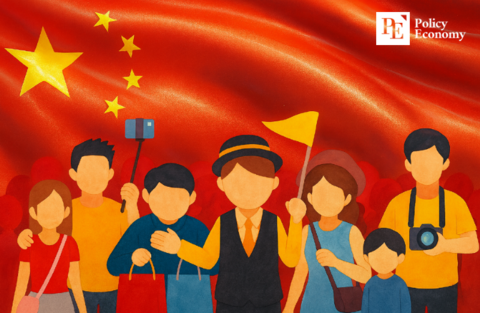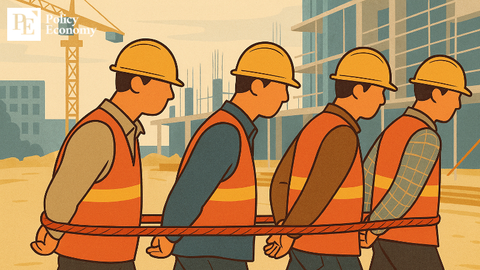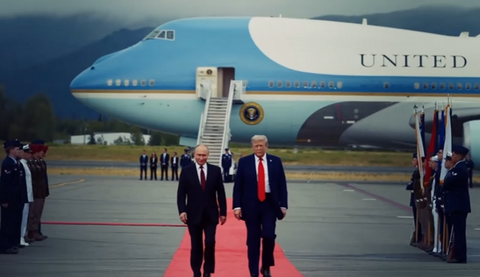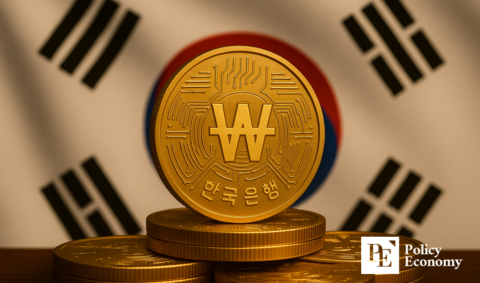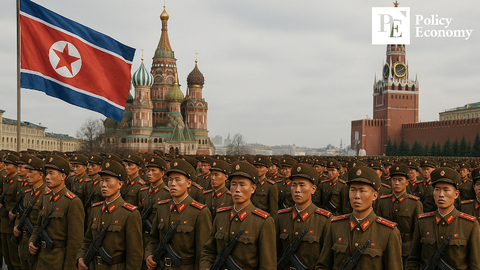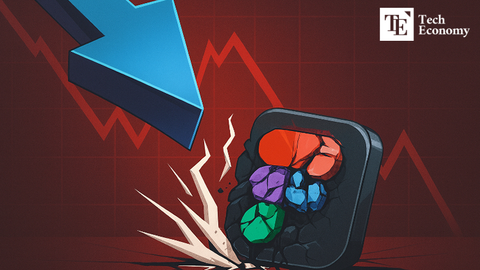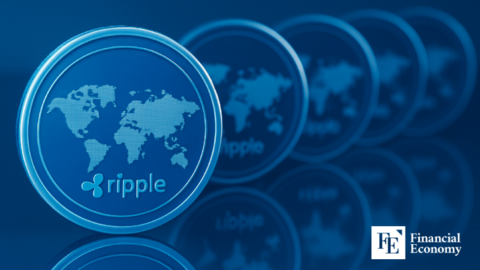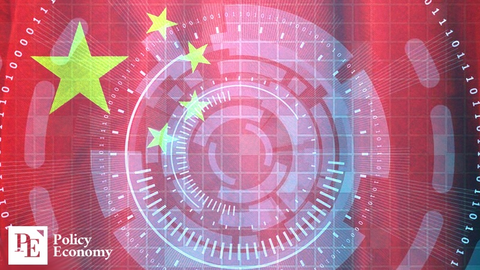“Time to Draw Out the Hidden $270 Billion”: Argentina’s High-Stakes Domestic Stimulus Experiment
Input
Changed
Domestic Consumption Freezes in Argentina Aims to Circulate Undeclared Dollar Assets Concerns Over Peso Devaluation and Policy Sustainability
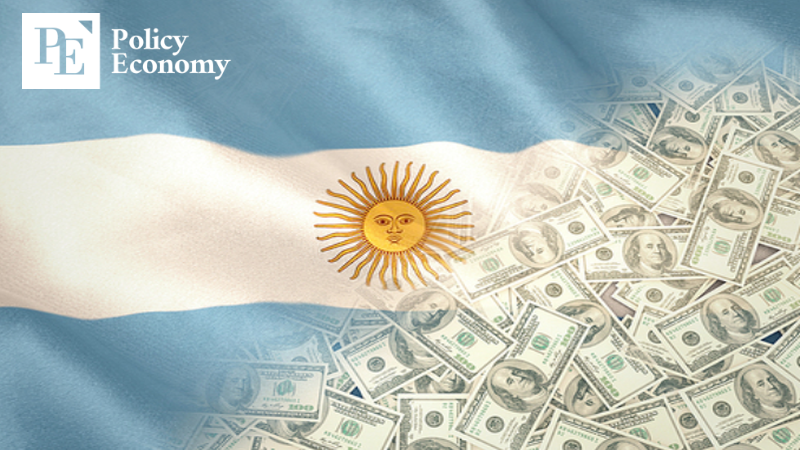
In a nation long battered by economic volatility, inflation, and financial distrust, Argentina is launching what could be its boldest economic experiment yet. President Javier Milei’s government is urging citizens to bring to light what it calls “under-the-bed dollars”—a vast reserve of hidden cash assets estimated to exceed $270 billion. These funds, hoarded over decades of crises, represent more than just personal wealth; they could be the country’s final hope to stave off economic collapse.
This latest push is not just about jumpstarting the economy—it is a last-ditch effort to stabilize the peso, pay down mounting foreign debt, and restore trust in the financial system. With IMF loans dwindling, inflation climbing, and reserves running dry, the government is placing a national bet on the psychology, patriotism, and financial behavior of its own people.
“Stop Hiding Your Assets, Open Your Wallets”
On May 11, local media outlets like Perfil reported that the Milei administration is preparing to unveil a new policy aimed at mobilizing what it refers to as “under-the-bed dollars.” The term, once used literally to describe U.S. cash stashed beneath mattresses, now encompasses undeclared cash stored in local safe deposit boxes, offshore private banking accounts, and tax shelters around the world.
This initiative reflects the government’s growing desperation—and its faith that the Argentine people themselves hold the key to national recovery. The government estimates that these hidden funds total about $271.2 billion USD, equivalent to 379 trillion KRW. That massive amount of private wealth has been accumulated over decades of inflation, devaluation, and political instability that have repeatedly eroded confidence in the national currency, the Argentine peso.
Real estate transactions, for instance, are commonly conducted in dollars—a reflection not only of habit but of deep distrust in the peso’s long-term value. With the formal economy starved of dollars and the country facing a $25 billion USD debt repayment due in 2026, the government views these hidden funds as an untapped lifeline.
While some officials, such as Economy Minister Luis Caputo, emphasize the goal of revitalizing consumer spending—stimulating purchases of property, cars, and electronics—experts see a deeper objective. According to Perfil, the real motivation behind the policy is to inject liquidity into the market, defend the peso against devaluation, and avert a deeper financial crisis.
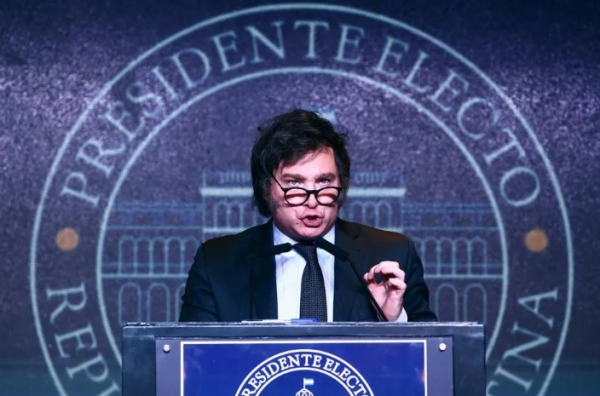
A Familiar Strategy, Reintroduced with Higher Stakes
This isn’t the first time Argentina has called on its citizens to step forward with undeclared wealth. Just a year ago, the government implemented a remarkably similar amnesty program that offered generous incentives: up to $100,000 USD in tax-free declarations, a five-year period of reduced property tax rates, and the ability to lock in favorable tax rates through 2038.
And it worked—at least initially. In just two months, the Argentine financial sector saw $728 million USD and $749 million USD in inflows during July and August. These numbers dwarfed the $532 million USD brought in over the next seven months following President Milei’s inauguration in December 2023, suggesting that a well-designed incentive program could indeed lure hidden capital into the light.
But this history also includes cautionary tales. Over the past two decades, Argentina has launched a tax amnesty every four years, and many citizens who disclosed assets in good faith later found themselves penalized. For example, the 2019 Peronist government hiked the wealth tax from a mere 0.25% to 1.75% for domestic assets and 2.25% for foreign-held ones—a steep jump that caught many declarants off guard.
Those who had complied with previous amnesties were left feeling betrayed, and such experiences have fostered deep skepticism. Today, that lingering distrust threatens to undermine the effectiveness of even the most generous policies. Citizens now wonder: if I disclose my hidden assets now, will the government change the rules later?
To overcome this hesitation, the Milei government is combining regulatory incentives with psychological appeals. It is promoting the policy as an opportunity to invest in the country’s future—and framing those who participate not just as financial actors, but as patriots helping their nation survive a historic crisis.
A Nation on the Edge: Will Trust Win Over Fear?
Despite its hopeful messaging, the backdrop to this policy is one of national fiscal emergency. Argentina has already sought an additional $20 billion USD in loans from the IMF, signaling that even traditional lifelines are running dry. As debt obligations accumulate and foreign reserves plummet, the government finds itself with little choice but to turn inward—asking its citizens to fund the country’s survival with their own stashed-away wealth.
But time is tight. Inflation remains entrenched in double-digit territory, and pressures for currency devaluation continue to build. President Milei has long vowed that he would never allow devaluation, even branding economists who advocate for it as “frauds.” Yet in a subtle but significant policy shift, his administration recently abandoned the crawling peg exchange rate system, indicating a growing acceptance of market realities.
This means Argentina is now operating in a highly precarious window: it must restore trust quickly enough for the stimulus policy to succeed, while holding off the financial pressures that could send the economy spiraling. If the hidden dollars remain hidden, and citizens decide not to take the government’s offer seriously, the consequences could be dire.
Without that trust, Argentina risks another sovereign default, which would again trigger harsh IMF-imposed austerity programs—the kind that slashed social spending, gutted public services, and deepened poverty in previous decades. The fear is not just that the policy might fail—but that if it does, Argentina could fall into a fiscal black hole from which it may not easily return.
Argentina’s appeal to its people is clear: bring your hidden dollars into the light and help rebuild the economy. But whether this initiative becomes a story of national recovery or another chapter in a long saga of economic disappointment depends on trust—between government and citizens, past and present, rhetoric and reality.
This is more than a policy experiment. It is a nation’s plea for unity in the face of collapse, and possibly its last card on the table.

